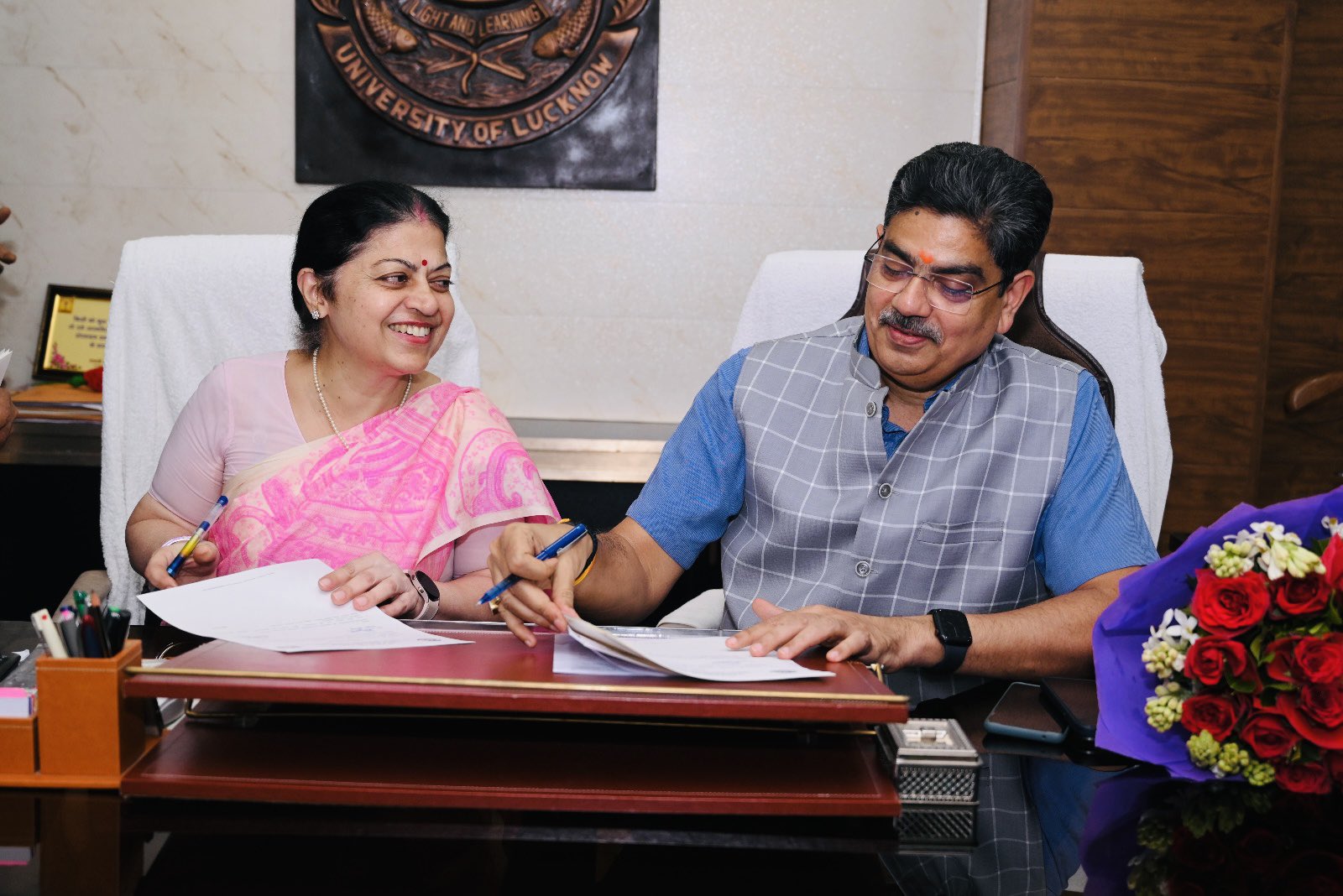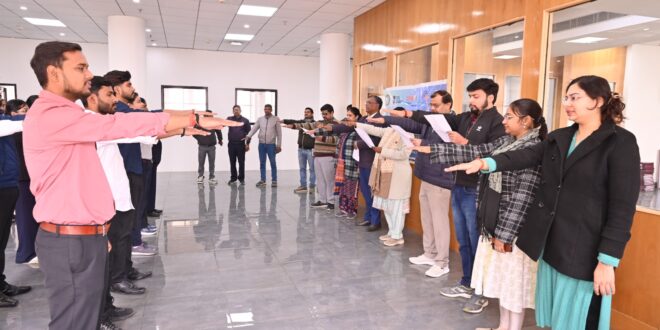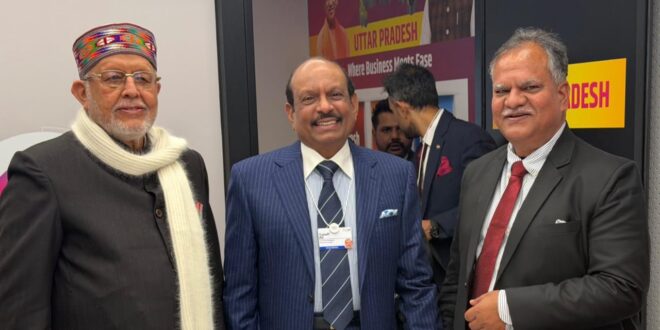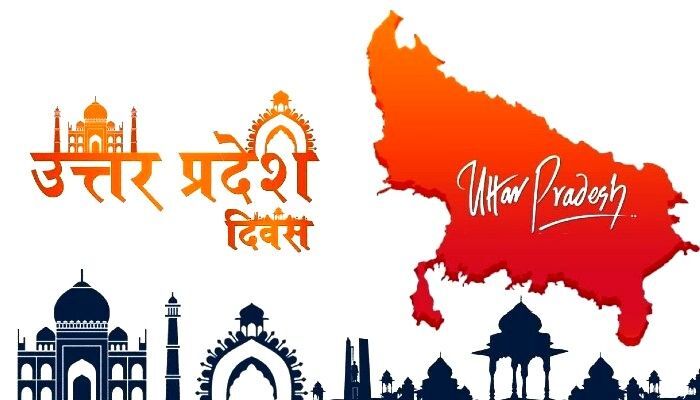Luvknow: When Professor Alok Kumar Rai took over as the Vice-Chancellor of Lucknow University in December 2019, he was just 45 — one of the youngest to hold the position in the institution’s long history. His appointment came at a pivotal time as the university prepared to mark its centennial year in 2020. Over the next five and a half years, Rai led the institution through an ambitious phase of transformation. From academic reforms and digital innovations to landmark infrastructural development and global outreach, his tenure marked a defining chapter in the university’s evolution. His recent appointment as Director of the Indian Institute of Management (IIM) Calcutta in July 2025 capped off this transformative journey, making him the first Vice-Chancellor from Lucknow University to lead a premier IIM — and a rare non-IIM faculty member to do so.
Raising the Academic Bar: NAAC A++ and Beyond
One of Professor Rai’s most celebrated accomplishments was securing an A++ accreditation from the National Assessment and Accreditation Council (NAAC) in July 2022 — a first for any university in Uttar Pradesh. This coveted rating symbolized more than just academic compliance. It was a nod to enhanced institutional governance, a renewed research ecosystem, and improved student services. The A++ rating significantly boosted the university’s profile, positioning it as a benchmark institution among India’s state-run universities.

The university was also granted Category-I status by the University Grants Commission (UGC), giving it unprecedented academic and administrative autonomy. This designation allowed the university to introduce new interdisciplinary programs, sign global MoUs, and adapt flexibly to academic trends without bureaucratic hurdles. It paved the way for swift implementation of the New Education Policy (NEP) 2020, which Rai embraced wholeheartedly. Under his guidance, the university became one of the first in India to align its curriculum with NEP’s principles of flexibility, interdisciplinarity, and skill-based learning.
National and Global Recognition
Before Rai’s tenure, Lucknow University’s presence in institutional rankings was relatively muted. By 2024, however, the university had claimed the 32nd position among public state universities in the National Institutional Ranking Framework (NIRF). It also made its mark in the Indian Institutional Ranking Framework (IIRF) and the QS World University Rankings, an achievement that was particularly impactful in attracting international students. By 2024, the university boasted one of the highest international student enrollments among Indian universities, a direct result of Rai’s emphasis on global collaborations.
His administration proactively engaged with foreign universities and research institutions, thereby establishing Lucknow University as a globally visible academic hub. These tie-ups facilitated student and faculty exchange programs, joint research ventures, and multicultural exposure — all integral components of his vision for a future-ready university.
Infrastructural Renaissance
Alongside academic reforms, Rai launched a comprehensive overhaul of the university’s infrastructure. His vision was to blend heritage with modernity — preserving the institution’s architectural legacy while equipping it with world-class facilities.
Among the prominent additions were the Vivekananda Gate, Gaurav Sthal, Kautilya Bhavan, and a new Faculty of Pharmacy building. These projects significantly improved both the functionality and aesthetic of the campus. Simultaneously, historic halls like Malviya Hall, AP Sen Hall, and the Harikrishna Awasthi auditorium were restored and upgraded, ensuring the university’s rich legacy was preserved even as it modernized.
In 2024, Rai inaugurated the Faculty of Management Studies, an academic hub poised to become a premier center for business education in North India. It reflected his background in management education from his days at Banaras Hindu University (BHU) and his commitment to offering contemporary, industry-relevant courses.
Digital Leap and LUCODE
Professor Rai recognized early on that the future of higher education was digital. He launched LUCODE (Lucknow University Centre for Online and Distance Education) and SLATE, the university’s proprietary learning management system. These platforms played a pivotal role during the COVID-19 pandemic, ensuring academic continuity through remote access.
SLATE, in particular, became a cornerstone of Rai’s digital education policy. It allowed real-time lectures, resource sharing, assessments, and analytics to monitor student engagement. Not just a crisis solution, SLATE evolved into a permanent digital backbone for the university, facilitating hybrid learning even after the pandemic subsided.
Digitization extended to administrative services as well. From online admissions and digital mark sheets to automated examination and result declaration systems, Rai’s tenure brought a new level of transparency and efficiency, making the university more student-centric than ever before.
Governance and Academic Reforms
Governance under Professor Rai was defined by accountability, inclusivity, and structural reforms. He introduced new faculties and programs to meet the growing demand in fields like management, pharmacy, and interdisciplinary studies. He also worked to strengthen internal academic processes, such as revamping the examination system after the controversial BA-LLB paper leak in 2019. Although the incident predated his tenure, Rai’s strict oversight and reforms restored credibility and integrity to the examination system.

His own academic contributions were also notable — he filed five Intellectual Property Rights (IPRs) in areas like marketing management and customer service modeling, encouraging a culture of research among faculty and students. By leading by example, he created an environment where scholarship thrived.
Managing Multiple Institutions
Rai’s leadership credentials extended far beyond Lucknow University. During his tenure, he was simultaneously entrusted with the roles of Vice-Chancellor at Sampurnanand Sanskrit Vishwavidyalaya, Dr. B.R. Ambedkar University (Agra), Khwaja Moinuddin Chishti Language University, and the technical giant AKTU (Dr. A.P.J. Abdul Kalam Technical University). These additional charges, endorsed by the Governor of Uttar Pradesh Anandiben Patel, reflected the immense trust in his leadership and administrative acumen.
At AKTU, he initiated pre-incubation centers to promote entrepreneurship, an idea he had been nurturing at Lucknow University as well. His initiatives fostered startup ecosystems and innovation labs, particularly in STEM and management domains, leaving a lasting imprint on the academic landscape of Uttar Pradesh.
The Centennial and Community Building
The centenary year of Lucknow University in 2020 offered a rare opportunity to showcase the institution’s legacy and future. Rai made the celebrations both grand and meaningful. A host of academic symposiums, cultural exhibitions, infrastructure inaugurations, and alumni reunions were organized with inclusive participation from faculty, students, and stakeholders. It was a reflection of his belief in community building and institutional pride.
Events like the inauguration of the Vivekananda Dwar and Gravitas Season 3 (organized by the Department of Business Administration) captured the spirit of tradition meeting transformation. His ability to communicate vision through compelling public speeches inspired trust and galvanized momentum across all levels of the university ecosystem.
From Lucknow University to IIM Calcutta
Professor Rai’s appointment as Director of IIM Calcutta in July 2025 was both historic and symbolic. It marked the culmination of a tenure defined by reform and recognition. While some in academic circles debated his lack of prior IIM affiliation, many praised the decision as forward-looking. His demonstrated excellence in academic governance, policy implementation, and stakeholder management made him a standout choice.
The appointment brought to an end IIM Calcutta’s two-year search for a full-term director, and signaled a broader acceptance of leadership beyond traditional silos. His strong communication skills, reputation for strategic thinking, and ability to handle high-pressure committees were seen as strengths that would help elevate IIM Calcutta in its next chapter.
A Lasting Legacy
As Rai passes the baton at Lucknow University, he leaves behind a rejuvenated institution — academically robust, digitally empowered, globally recognized, and infrastructure-rich. From obtaining A++ NAAC accreditation and introducing NEP 2020 to launching SLATE and strengthening international collaborations, his legacy is one of unwavering ambition matched with execution.
Colleagues like Pro Vice-Chancellor Manuka Khanna and Professor Sangeeta Sahu publicly acknowledged his role in elevating the university’s profile and launching key initiatives like the Faculty of Management Studies. Students and faculty alike credit him for redefining the university’s culture of excellence and aspiration.
As he begins his journey at IIM Calcutta, the imprint Professor Alok Kumar Rai has left on Lucknow University will continue to inspire future academic leaders. His story is not just one of institutional transformation but of how bold vision, inclusive governance, and deep-rooted scholarship can turn a century-old university into a modern academic powerhouse.









